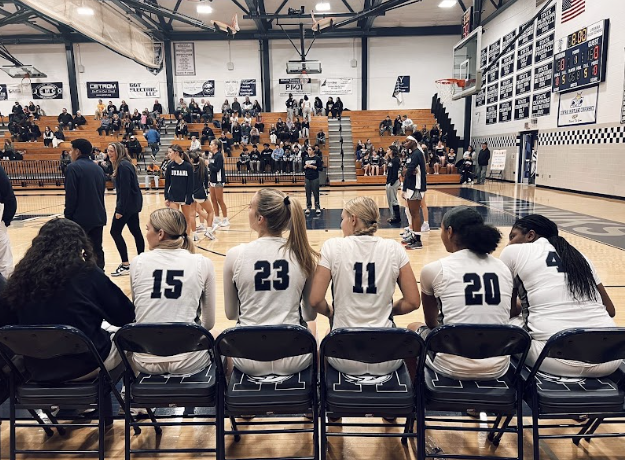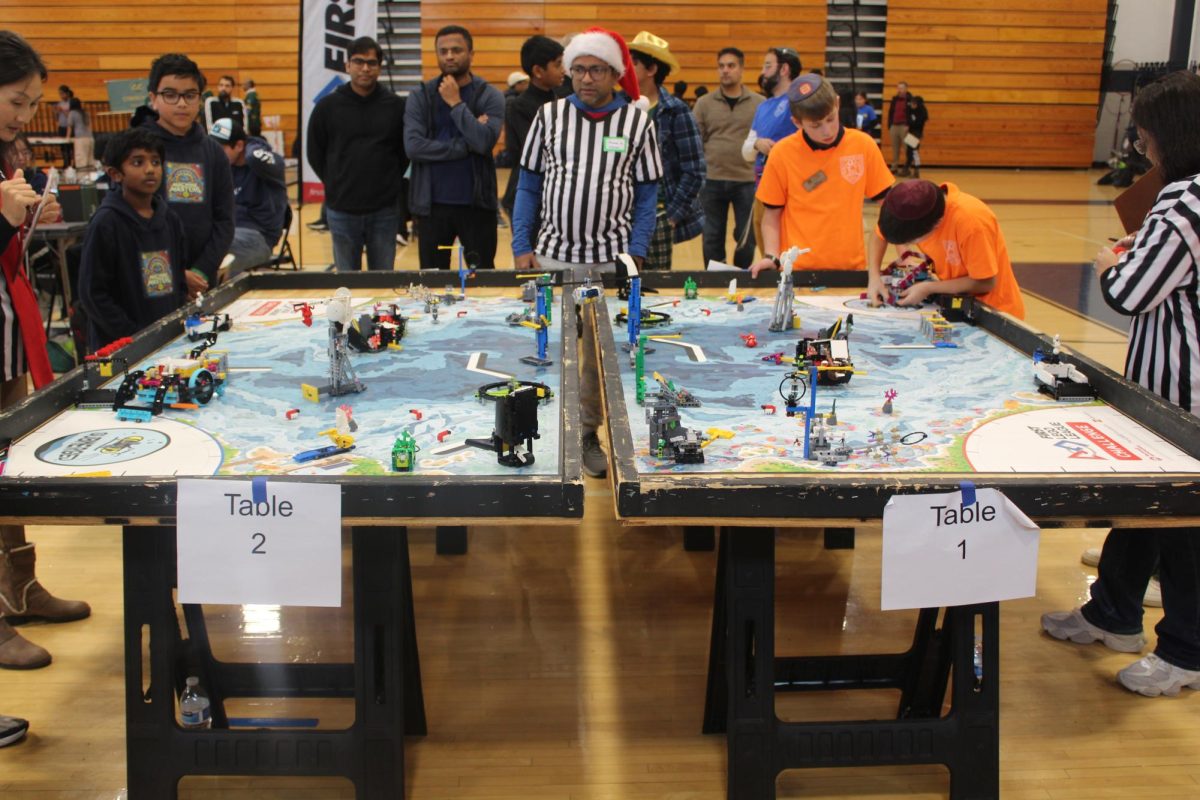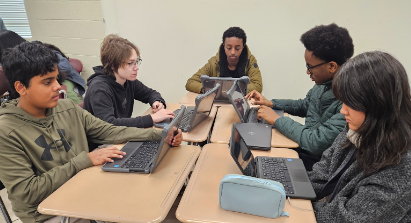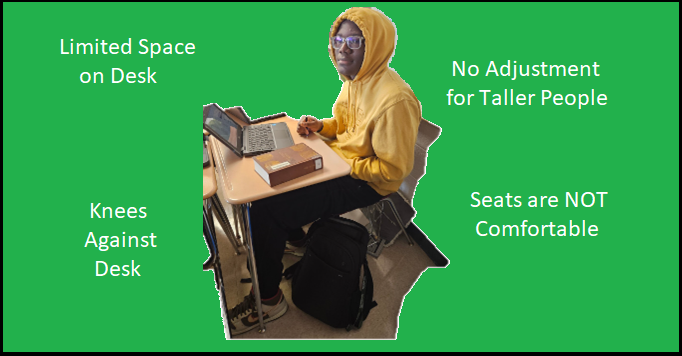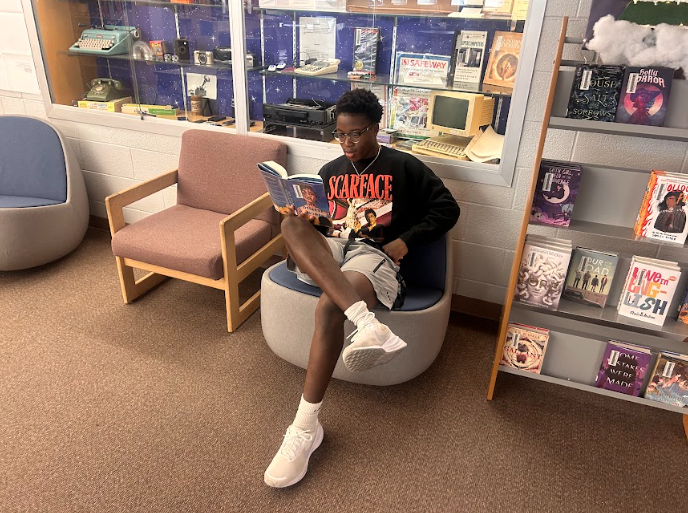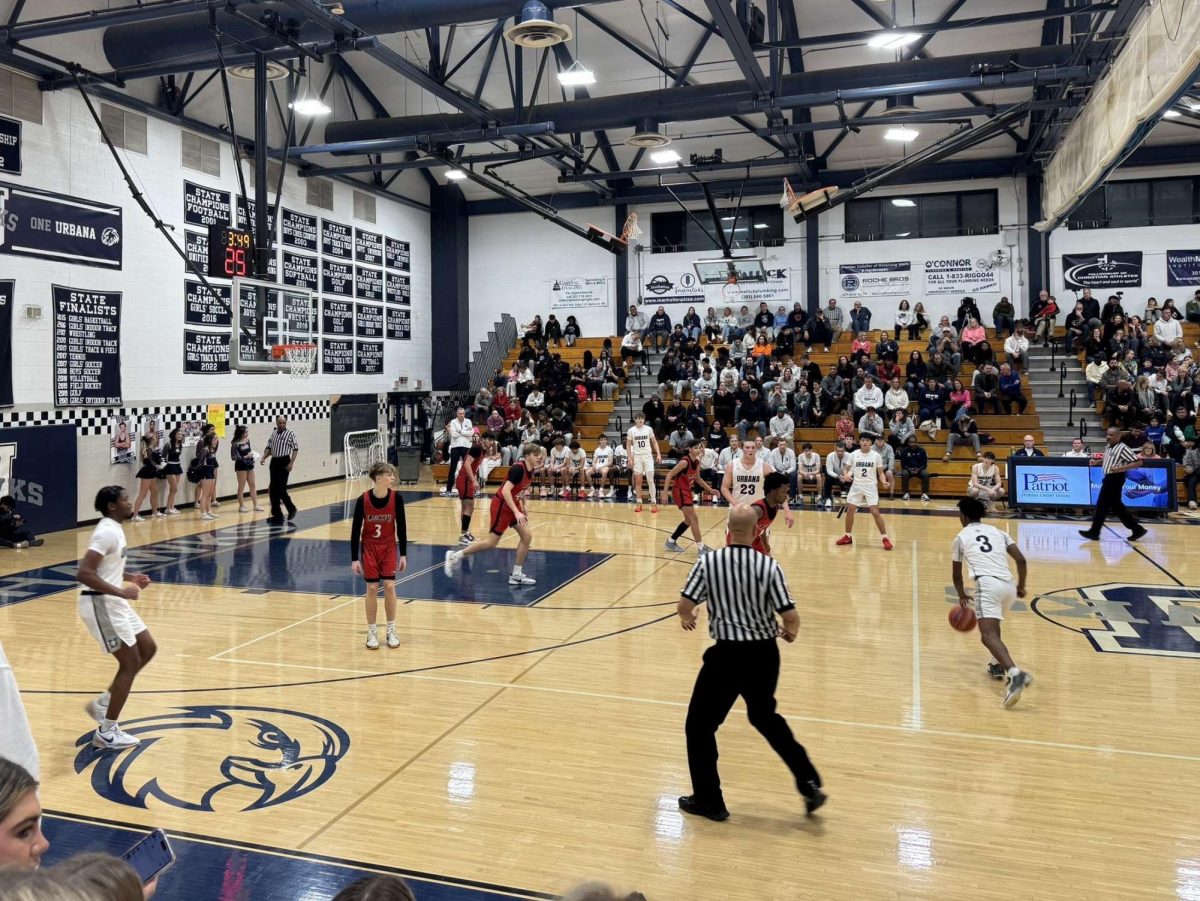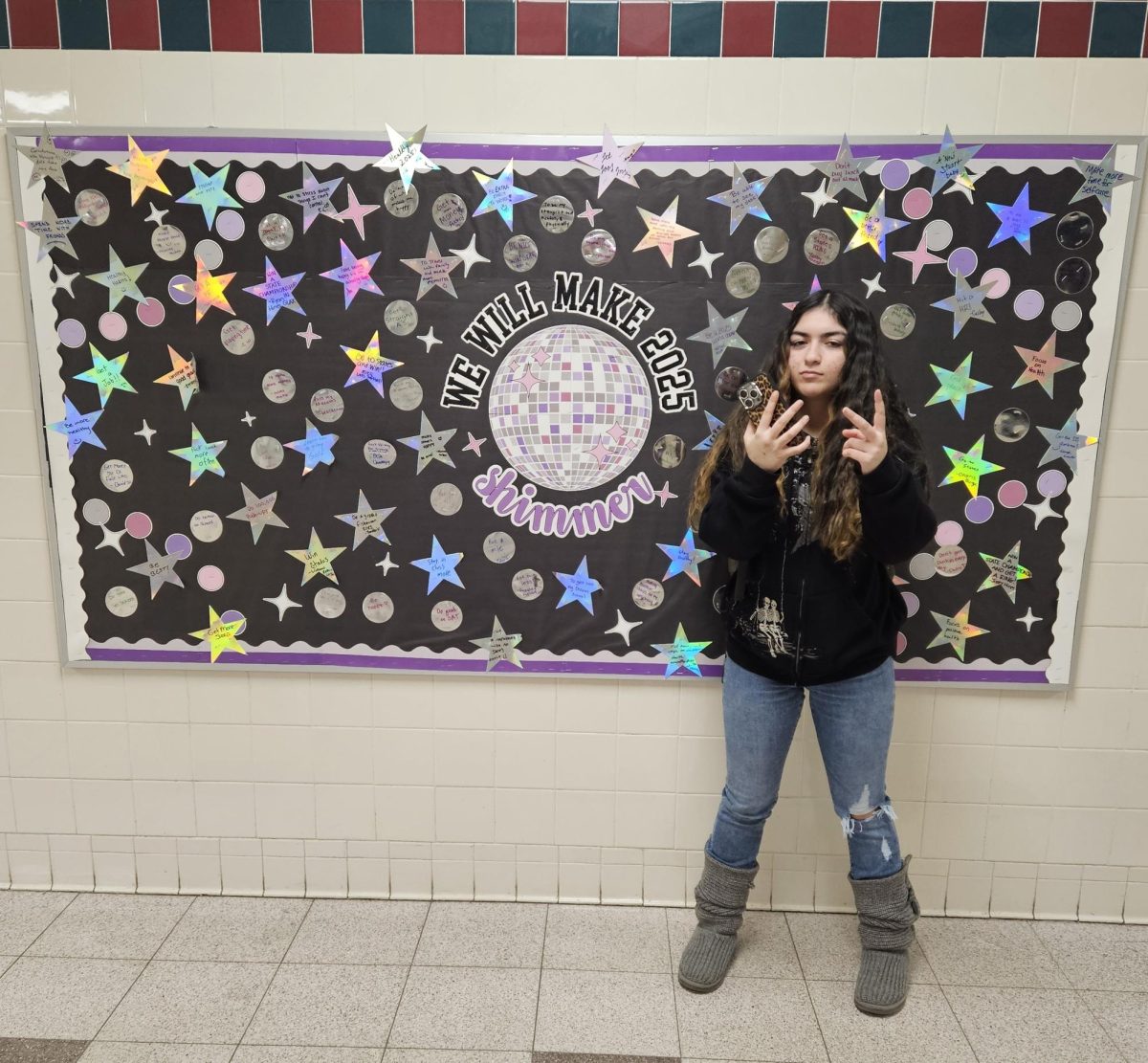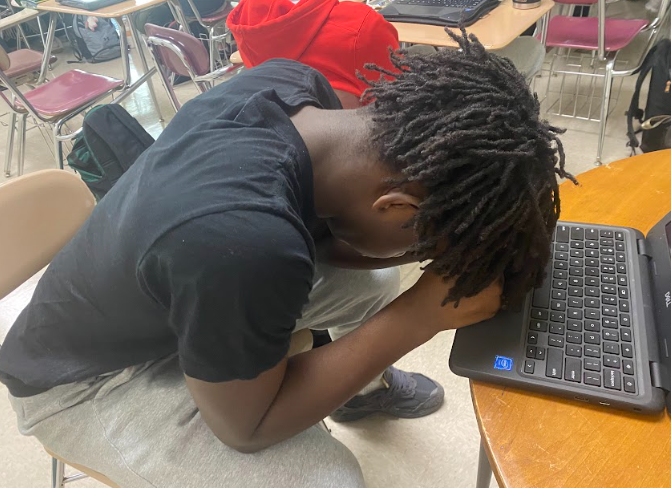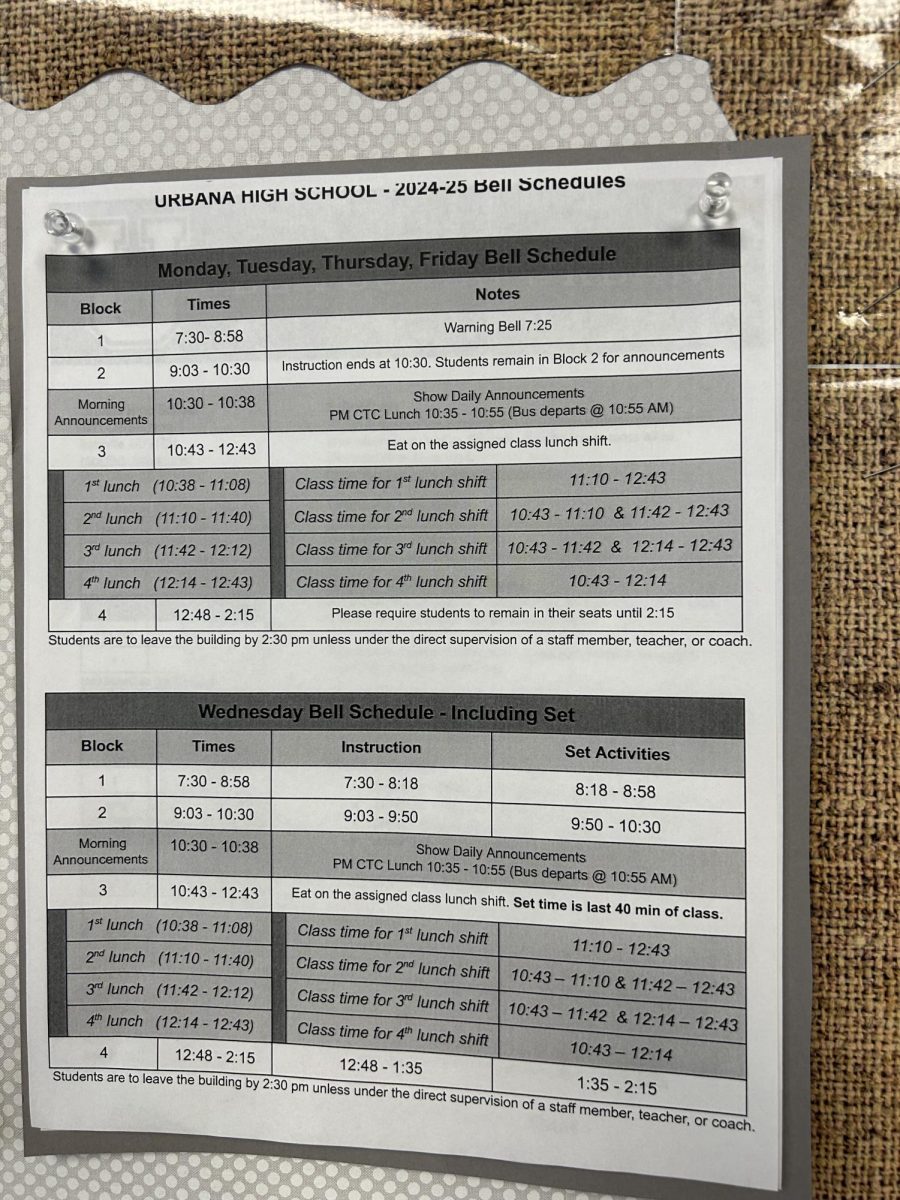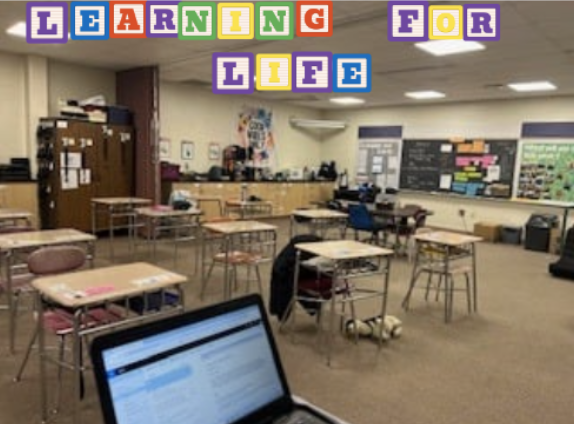Social Media has become an essential part of teenagers daily lives, providing a space to communicate with friends and family, share their own experiences, and discover new information on anything in the world.
However, as it may benefit different people in different ways, the impact of social media on teens’ mental health is a concern people should definitely pay more attention to.
The most noticeable effects of increased social media use in teenagers ages 12-15 are the increase of anxiety, depression, and lack of sleep. According to the Child Mind Institute it states that the more time teens spend on social media, the more likely they are putting themselves at risk of having negative mental outcomes. They are also more likely to experience the feelings of isolation, insecurity, and low self-esteem.
Social media creates unrealistic expectations.
What people see on social media about other people’s lives is not even half of what their real life is like. A lot of teens can compare themselves and their lives to celebrities and influencers they see posting on social media and start to feel like their own lives aren’t good enough. Which is never the case. They can get stuck on focusing on what they don’t have versus focusing on what they already have and their own successes.
Urbana student counselor Mrs. Mardy Holt speaks on her thoughts and experiences with students that she has talked to involving issues with social media. “I think it can be easy to say that social media is awful and only has negative impacts but I do think that there is good things that come from it like awareness of opportunity.”
She then talks about students who come and talk to her about social media and their issues they may have with it. Holt says, “Students don’t necessarily come and say I want to talk about social media but I do think that then as we are talking about something that is causing them concern, anxiety, frustrating or sadness that there is some tie to social media.”
The profiles that we create and post that we share on our own social media platforms are made up of the parts of our lives we like best and want to present to the world, while the feedback we get in terms of likes, friends, and interaction feeds our desire for belonging and acceptance to society.
School counselor Mr. Marcus Sowell gives his input on his personal opinion with social media and its effects on students. He says “I feel like social media inherently makes people more sad because it’s usually always snapshots of your life whether that is Instagram stories or Snapchat or even posts of different clips of you doing things, I feel like that sets up the unrealistic expectations.”
Sleeping patterns is another issue that social media causes for teens. Staying up late, scrolling through social media like Tik Tok, Instagram, and Snapchat only leads to a lack of sleep and poor sleeping patterns. Research shows that while all light can interfere with our circadian rhythms, the 24-hour internal rhythms that control processes like the sleep-wake cycle, the blue light emitted from electronic screens has the greatest impact on sleep.
A poll of hospital employees and university students found that a staggering 70% of people report using social media after getting into bed, with almost 15% spending an hour or more doing so each night. Using phones to be on social media at night only stimulates parts of the brain and makes you feel alert, leaving you energized and not able to sleep.
As generations go by, more and more teens are getting access to social media, even as young as elementary school. The Annie E. Casey Foundation states that,
The younger kids, who aren’t even supposed to be on social media because they are not 13 years of age, are only putting themselves at risk of having negative mental outcomes from social media, even if they don’t understand now, they will later.
Social media also makes it harder for teens to focus on reality and real life activities. It’s very easy to get caught up in scrolling through endless posts or watching videos for hours. This only takes away time that should be spent spending time with family, friends, or even time used to be studying.
Our brains are going through a sensitive period from ages 10-19. During that time, teens are developing their own identities and feelings of self-worth. There was a recent report that states, “frequent social media use may be associated with distinct changes in the developing brain,” potentially affecting such functions as emotional learning and behavior, impulse control, and emotional regulation.” Therefore, the negative affects of social media really takes a toll on teens in many other ways than just depression, isolation, anxiety, etc.
It is extremely important to be educated on the negative effects that social media brings to teens. As it may affect some more than others, it is still important to know what negative things on social media can do to people.
Check up on your friends and family often and talk to them, make them feel known. It can be a huge positive impact on them. Make a difference in the world and always be kind.




